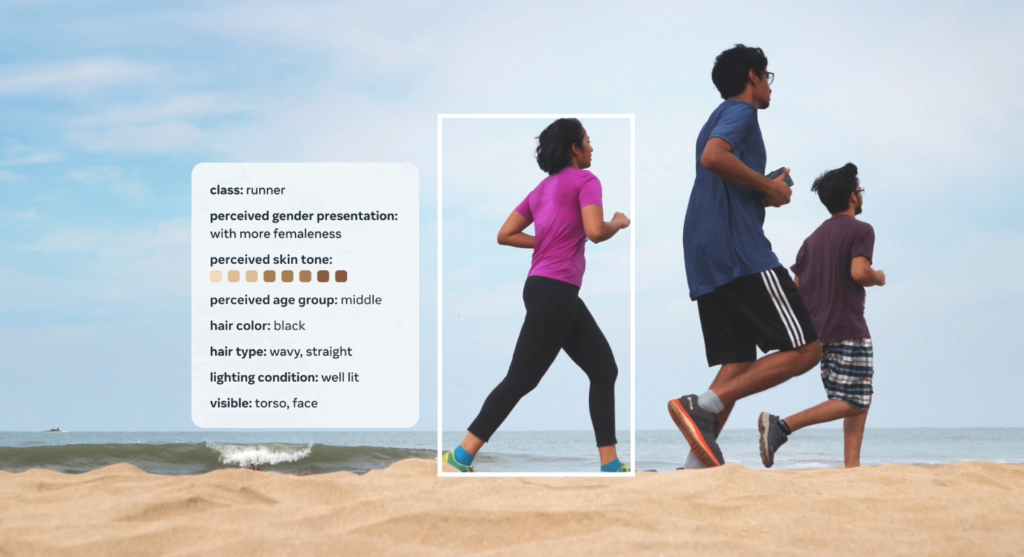In an era where artificial intelligence plays an increasingly pivotal role in our daily lives, the importance of addressing bias and ensuring fairness within AI systems cannot be overstated. Acknowledging this responsibility, Meta, formerly known as Facebook, has taken a significant stride towards promoting inclusivity and fairness in AI models with the launch of its groundbreaking FACET (Fairness in Computer Vision Evaluation) dataset.
A Dataset for Fairness and Representation
Meta’s FACET dataset comprises a meticulously curated collection of 32,000 images. However, what sets this dataset apart is not just its size but its deep commitment to recognizing and accounting for diverse demographic attributes, such as gender, skin tone, hairstyle, and more. This innovative approach aims to ensure that AI models can acknowledge and respect a broader range of attributes, ultimately leading to better representation of historically marginalized communities.
Championing Fairness in Computer Vision
Meta’s FACET dataset addresses a significant challenge in AI development – fairness in computer vision. Computer vision models have made remarkable strides in tasks like image classification and semantic segmentation. Still, they have often struggled with issues related to bias, especially when it comes to demographic attributes. For instance, some models may face difficulty in recognizing individuals with darker skin tones or those with different hairstyles.
The FACET dataset is poised to change this landscape. By providing a rich and diverse set of images, it enables AI developers to benchmark their models for fairness and equity. Preliminary studies using FACET have already revealed that state-of-the-art AI models can exhibit performance disparities across demographic groups. This dataset empowers researchers and practitioners to monitor these disparities and implement mitigations to address fairness concerns effectively.
A Catalyst for Ethical AI
Meta’s decision to release the FACET dataset for research evaluation purposes only underscores its commitment to ethical AI development. While it cannot be used for training AI models, FACET holds the potential to become a standard fairness evaluation benchmark for computer vision models. This move encourages researchers and developers across the AI community to evaluate fairness and robustness comprehensively, considering a more inclusive set of demographic attributes.
Maximizing the Impact of AI Tools
The launch of the FACET dataset marks a critical turning point in AI development. It acknowledges the importance of diversity, representation, and fairness in the design and deployment of AI systems. By empowering developers to identify and address bias within their models, FACET is poised to maximize the usage and application of AI tools, ultimately eliminating bias within existing data collections.
In an ever-evolving technological landscape, where AI plays a central role in shaping our digital experiences, Meta’s FACET dataset serves as a beacon of hope for a fairer and more inclusive future. As we harness the power of artificial intelligence, let us remember that it is our collective responsibility to ensure that these technologies serve all of humanity equitably.
With the FACET dataset leading the way, the path to achieving fairness, representation, and inclusivity in AI is now clearer than ever before. Meta has taken a bold step, and the world of AI development is sure to follow suit, ensuring a brighter and more equitable future for all.
Meta’s FACET dataset is not just a collection of images; it’s a symbol of our commitment to building a more inclusive and equitable AI ecosystem.







